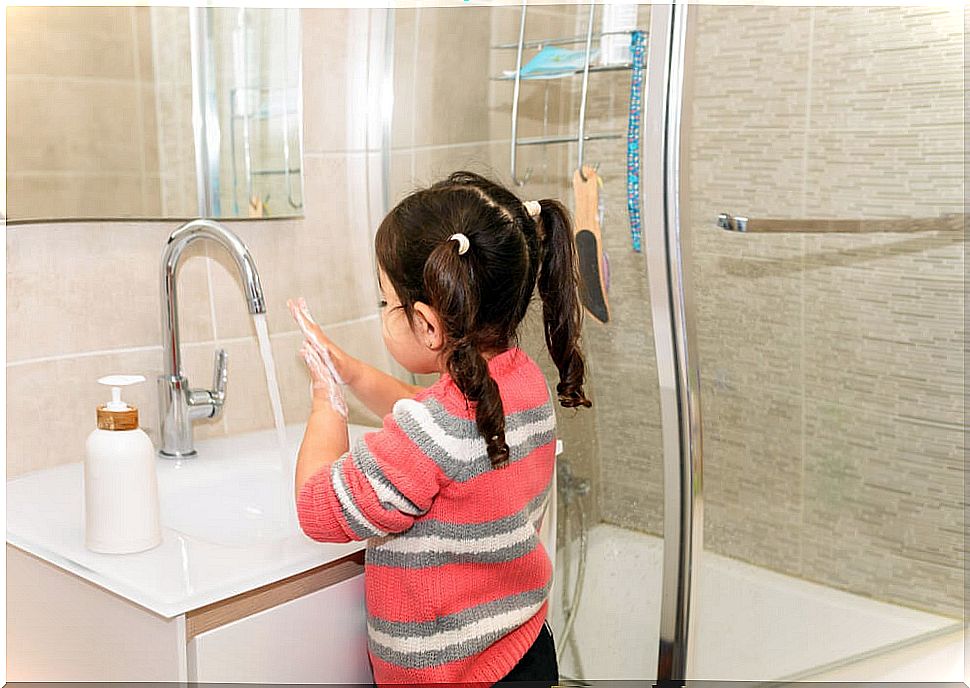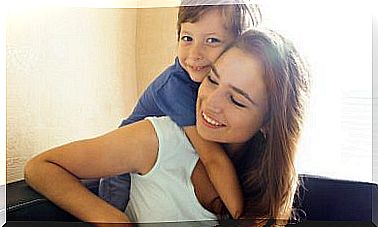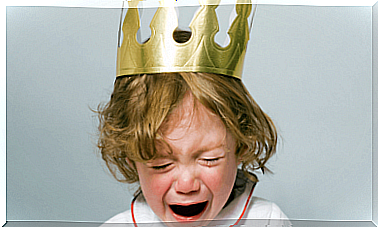Keys To Help Your Children Cope With Quarantine
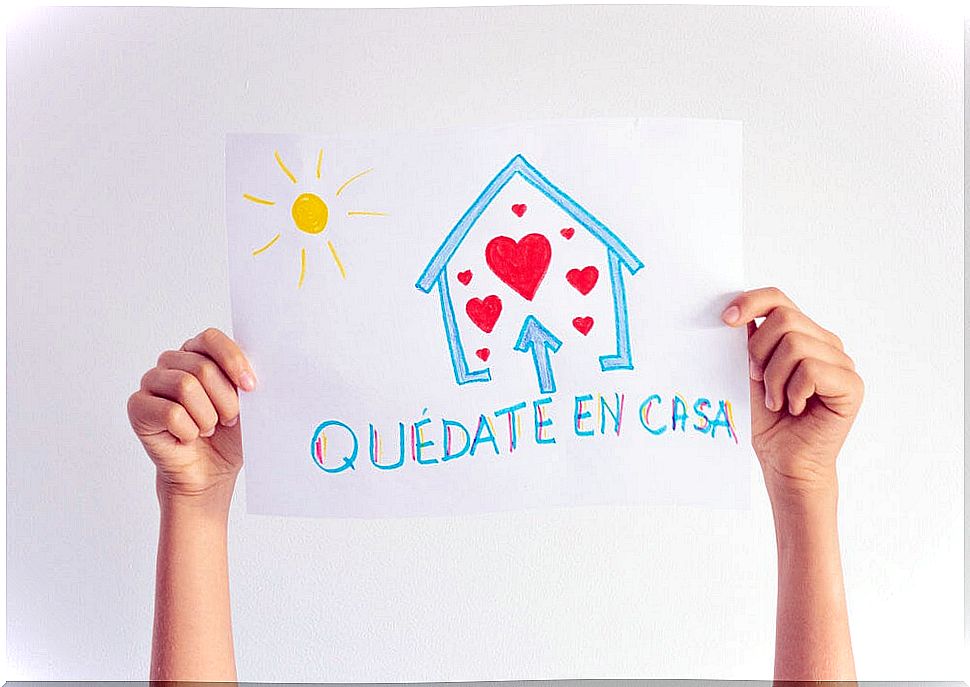
It has been several days since we began isolation in order to stop the spread of COVID-19 and we still have some time ahead in these circumstances. It is a complicated situation that can affect us on several levels, but we, as adults, have more tools to manage it than children. Therefore, we want to share some keys to help your children cope with quarantine.
For the little ones, it is a novel and unusual situation that can generate great fear, especially if they do not understand well what is happening or are not provided with emotional support from the family. They may feel confused, overwhelmed, bored, and overwhelmed by the inability to leave the home. However, there are some measures we can take to make these days pass in a more pleasant way for them.
Keys to helping your children cope with quarantine
1. Take care of hygiene
Unable to leave the house, it is tempting to stay in your pajamas all day and neglect some basic aspects of hygiene. However, these small actions have an impact on our emotional well-being. Therefore, every morning after breakfast, encourage your children to brush their teeth, comb their hair and dress in day clothes.
It is not necessary to wear elegant or formal attire; It can be comfortable clothes, but make sure they change their wardrobe during the day. Likewise, it is important that they continue to make the bed each morning and keep the room organized. A clean and orderly space will help you to have a more calm and focused state of mind.
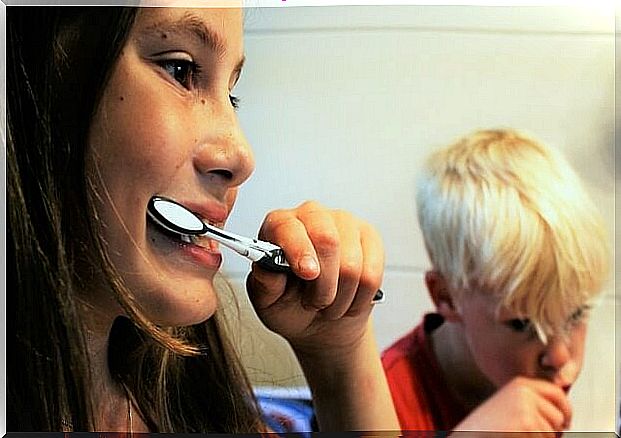
In the same way, and even if they are not going out, they have to shower and wash their hair as often as they did before. Neglecting our body and our environment will cause us internal discomfort sooner or later.
It is also important to take care of the mental hygiene of the little ones. Make sure that the virus is not the only topic of conversation in the house and, when it is approached, try to be from a positive perspective. Fearing children will backfire.
2. Balanced routines to help your children cope with quarantine
Following a routine is really beneficial for children, as it provides structure and security in their day-to-day life. Therefore, it is necessary to implement schedules and activities to continue during this period of confinement.
Mornings can be used for school activities and afternoons for leisure. However, there must also be a space for physical activity, as children need to move. Given the obvious limitations, we will have to use creativity and technological resources to achieve this.
On the internet we can find various exercise routines for children, as well as choreographies that can be learned and performed with them. Video consoles can also help us in this task, as many allow the option of using games that require movement.
In the same way, it will be very beneficial if the little ones can take the air and expose themselves to the sunlight for a few hours. Those who do not have any outdoor space in the house, can resort to doing quiet activities such as reading or drawing next to windows and balconies.

On the other hand, to reduce the levels of anxiety or nervousness that children may experience, it is advisable to perform relaxation exercises or meditation. There are versions adapted to the little ones that can make a difference in their internal state.
3. Time alone
Finally, we must remember that, although it is a gift to be able to spend so much time with the family, we all need spaces of solitude. Spending all hours of the day together can make us feel more overwhelmed and irritable. Therefore, encourage moments in which your children can enjoy their own time and space.
Encourage them to play in their room, to read a story quietly, or to develop new skills that are fun and enriching. Learning to make lettering or origami can be two good options.
In short, he tries to ensure that his days pass in an orderly, varied and balanced way. Let them take care of their body and mind and find moments for both duty and leisure. Try to maintain a calm and positive atmosphere at home and, above all, remember that this will pass.
